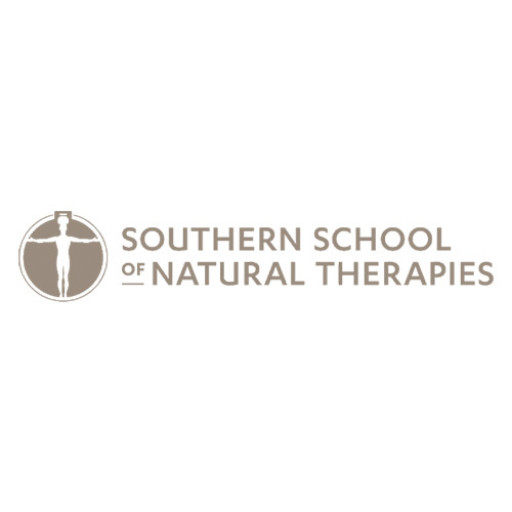Clinical Myotherapy is really a branch of manual medicine that targets the treatment and management of musculoskeletal pain. In the last few years pancreatic Myotherapy has become a highly desired profession as an alternate to physiotherapy, chiropractic, and osteopathy. In this program, students gain extensive clinical and practical skills including treating musculoskeletal pain using a variety of treatments such as dry needling, electric stimulation, joint mobilisation, manual remedies, prescriptive exercises, neurological testing and postural evaluation.
Australian Traditional Medicine Society (ATMS), The Australian Natural Therapists Association (ANTA), Australian Acupuncture and Chinese Medicine Association (AACMA), Federation of Chinese Medicine and Acupuncture (FCMA), The Australian Medical Professional Regulation Agency (AHPRA).
- Year 12 or equivalent
- 1 science related subject Advocated: Biology, Chemistry, Mathematics, Physics, Physical Education, Human Development or Psychology
- Mature age entrants (2 1 years of age and over) with a minimum of Year 10 plus Attested life/work experience
- Interview
The Bachelor of Health Science at Southern School of Natural Therapies offers various financing options to support students throughout their studies. The program's tuition fees are designed to be competitive within the Australian higher education sector, providing value for the comprehensive education and practical training students receive. Prospective students are encouraged to explore a variety of funding avenues including government schemes, scholarships, payment plans, and financial aid options.
Australian citizens and permanent residents may be eligible for government loans such as the Higher Education Loan Program (HELP), which can cover part or all of the tuition fees. These loans are typically repaid gradually through the tax system once the graduate's income exceeds a certain threshold. International students, on the other hand, usually need to pay tuition fees upfront or arrange private financing, as federal government support is generally not available to them.
Southern School of Natural Therapies also offers scholarships based on academic merit or financial need, aimed at assisting talented students who require additional support. These scholarships may cover tuition fees partially or in full, and applicants are usually required to submit academic records and personal statements demonstrating their eligibility.
In addition to scholarships and government loans, students often utilize payment plans offered directly by the institution, which allow for installment-based fee payments spread over the duration of the program. These plans help manage cash flow and reduce the immediate financial burden.
Students are also advised to consider external sources of funding, such as private loans or bursaries from external organizations. Part-time work opportunities and student income support programs can further alleviate financial stress, enabling students to focus on their academic and practical training commitments.
It is recommended that prospective students contact the university’s financial aid office for personalized information regarding the latest funding options, eligibility criteria, and application procedures. The institution continuously reviews and updates its financial assistance offerings to ensure accessibility for students from diverse financial backgrounds.
The Bachelor of Health Science at the Southern School of Natural Therapies is a comprehensive program designed to provide students with a broad understanding of health sciences, complemented by specialized training in natural therapies and holistic healthcare approaches. This degree aims to prepare graduates for diverse careers within the health and wellness industry, including roles such as health educators, wellness consultants, and natural therapy practitioners. The curriculum typically covers core topics such as anatomy, physiology, pathology, nutrition, and psychology, alongside specific courses in herbal medicine, massage therapy, acupuncture, and other complementary medicine modalities.
Students enrolled in this program benefit from a combination of theoretical knowledge and practical skills, with opportunities for supervised clinical practice and internships. The program emphasizes evidence-based practice, ensuring that graduates are equipped to integrate traditional natural therapies with modern healthcare principles effectively. The course structure usually spans three years of full-time study, with options for part-time or online learning to accommodate different student needs.
The Southern School of Natural Therapies is renowned for its dedicated teaching staff, state-of-the-art facilities, and strong industry connections, which facilitate internships and employment opportunities. Graduates of the Bachelor of Health Science program often find employment in clinics, wellness centers, and health organizations, or may choose to further their studies through postgraduate programs or specialized certifications. Ethical practice and patient-centered care are core components of the curriculum, fostering a professional approach to health and wellness.
Admission requirements generally include a completed high school certificate or equivalent, with preference given to applicants demonstrating a keen interest in health sciences and natural therapies. The institution also emphasizes the importance of ongoing professional development and encourages students to stay current with advancements in health science and complementary medicine fields. Overall, the program aims to produce well-rounded health professionals committed to promoting holistic well-being and sustainable health practices, aligned with contemporary healthcare standards and community needs.










